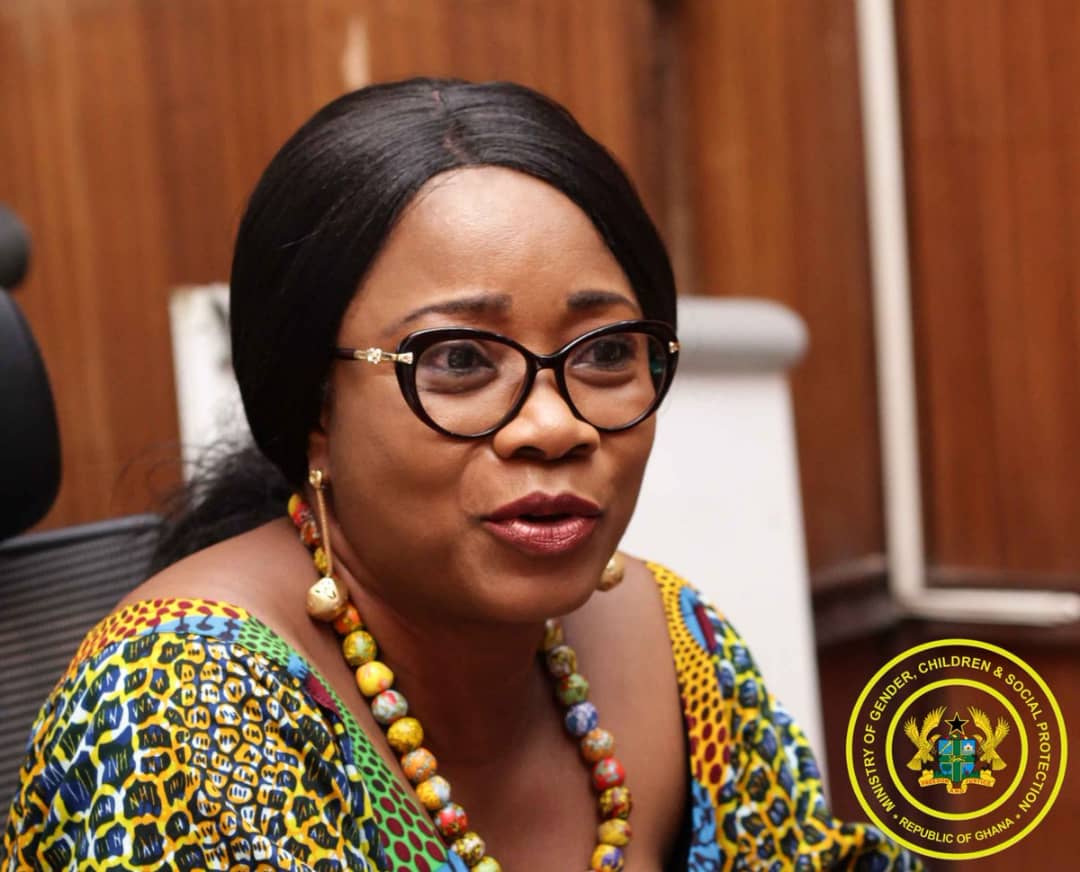
NDC, NPP manifestos promise more funding for social protection
THE 2020 manifestos of the two main political parties, the National Democratic Congress (NDC) and the New Patriotic Party (NPP) have promised to establish dedicated sources of funding for social protection programmes.
The promises by the two parties were a response to public demands for more sustainable ways to manage the critical investments made in social protection programmes.
Over the past ten years, successive governments have created and managed six-flagship social protection programmes at the national level.
They are the Ghana School Feeding Programme (GSFP), the Labour Intensive Public Works (LIPW) programme and the Capitation Grant.
They also include the National Health Insurance Scheme (NHIS) and its premium-exempt categories, and the Livelihood Empowerment Against Poverty (LEAP) programme and the Free Senior High School programme.
Although the programmes have been improving and expanding over the years with considerable improvements in the lives of poor and vulnerable families, there still are many poor people who are not benefiting from the interventions due to the limited resources dedicated to social intervention programmes in the national budget.
As a result, the government has been urged by Civil Society Organisations and the public to establish dedicated sources of funding for such social protection programmes to help ensure their sustainability and efficiency.
Aside that, a research document dubbed ‘the citizen’s manifesto on social protection programmes and policies,’ which was put together by SEND Ghana also provided public expectations on social protection programmes, including its funding.
NDC
The NDC’s response to citizens demand on the funding of social protection programmes, according to the party’s 2020 manifesto was to strengthen the institutions created to coordinate social protection at all levels to help build a more efficient system for social protection delivery.
It said it would also “ensure sustained financing, increase access, and enhance targeting of vulnerable groups as beneficiaries of social protection by completing the Ghana Household Registry”.
According to the manifesto, the NDC would ensure sustained finance for social protection although it did not provide where the funding would be sourced from.
NPP take
On the other hand, the running NPP, in its 2020 manifesto, provides a clear source of funding for social protection progammes at all levels.
The NPP intends to fuse social protection interventions into the operations of Metropolitan, Municipal and District Assemblies (MMDAs).
By doing so, it would be using, at least, five percent of local revenue for vulnerable and disadvantaged households.
The NPP would also ensure sustained finance for social protection, according to its 2020 manifesto.
Efficiency is key
Reacting to the promises made by the two major parties on funding social protection programmes, a Development Communications Specialist at the Ghana Technology University College (GTUC), Mr Eric Nana Kwadwo Appah said the significant positive effects of social protection programmes depends on the sustainability of its funding source.
For instance, he said “the effectiveness of the LEAP programme depends on the cash transfers being regular and predictable”.
He said according to research, “there have been registered delays in disbursing funds to the tens of thousands of very poor households that count on the predictability of the transfer. These households have very limited financial resources to cope with these delays. Late and unpredictable payments can erode many positive impacts”.
“They can also negatively affect programme credibility,” he added.